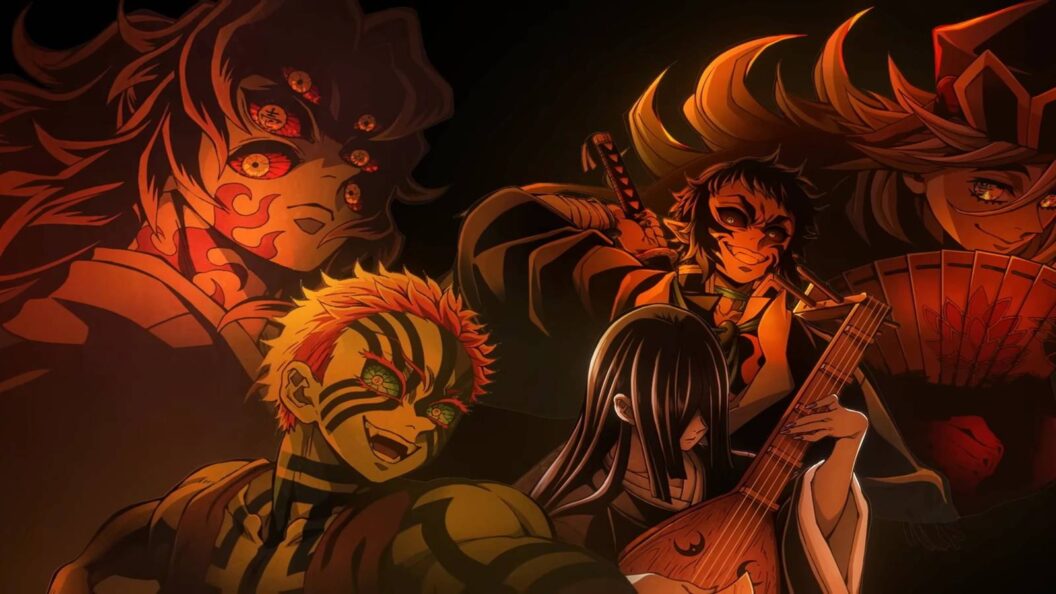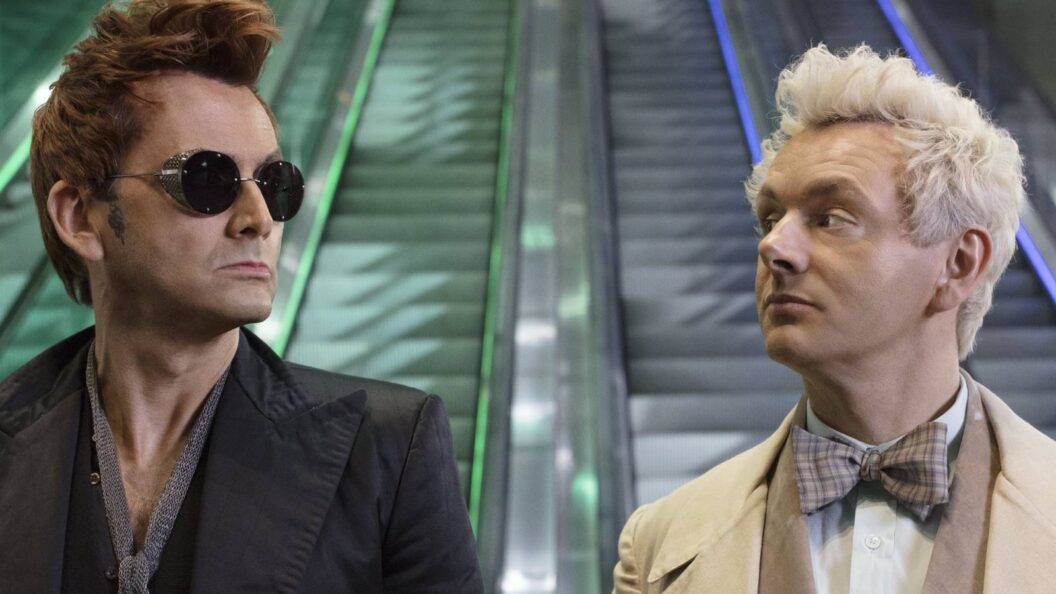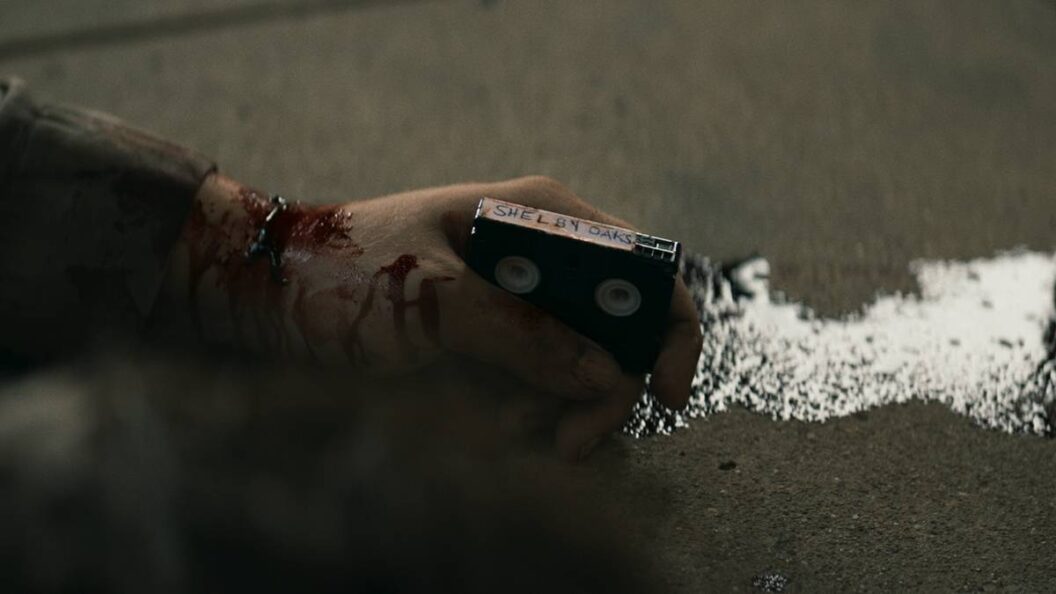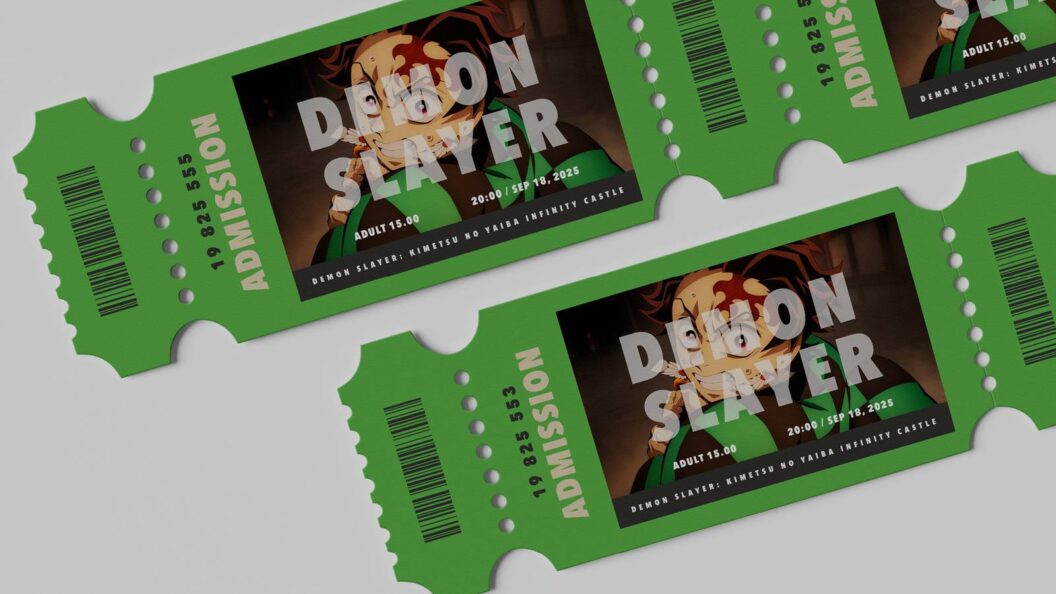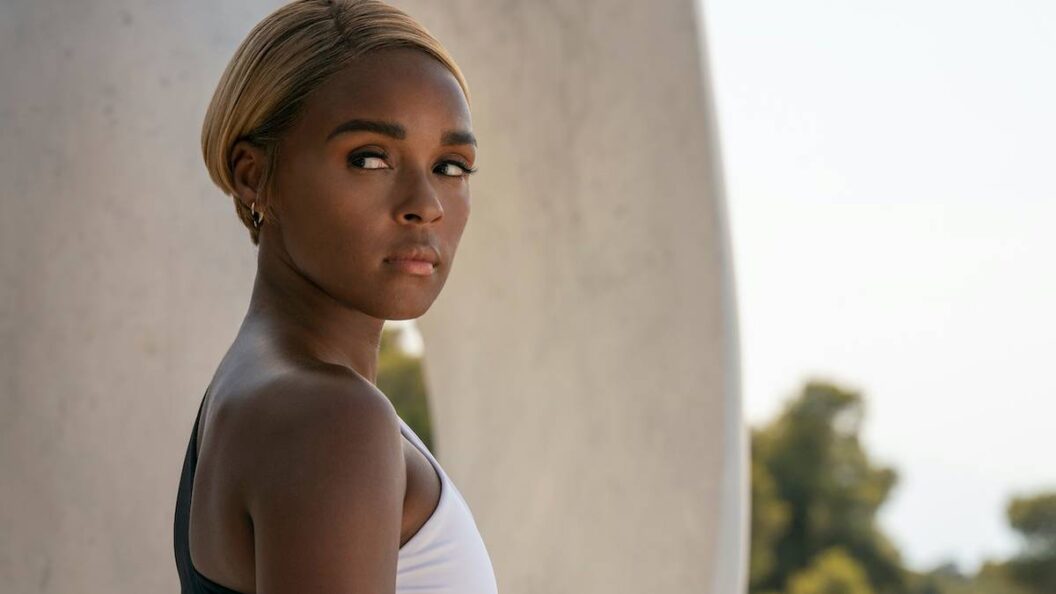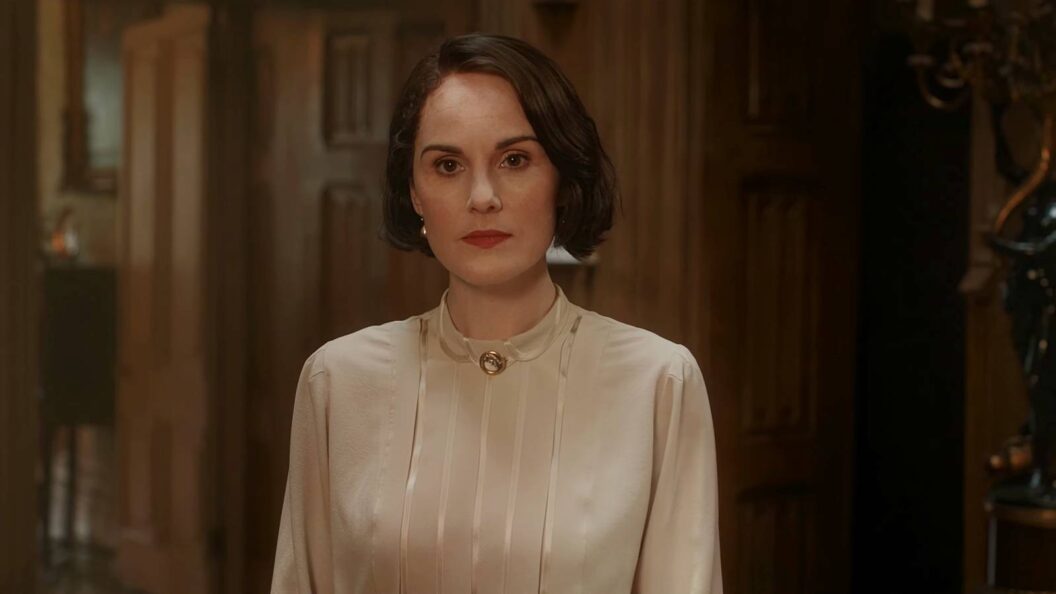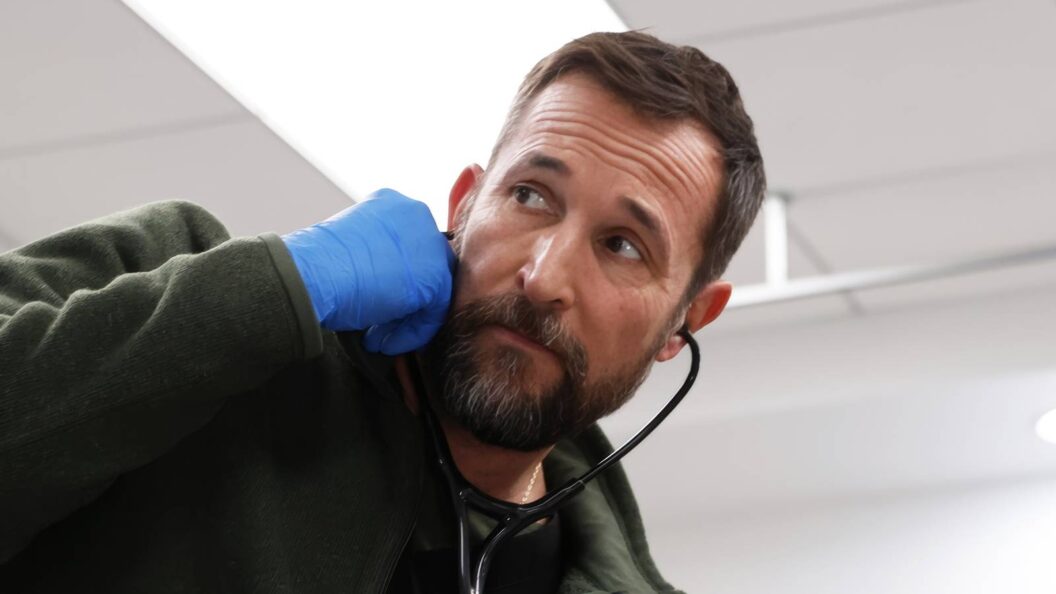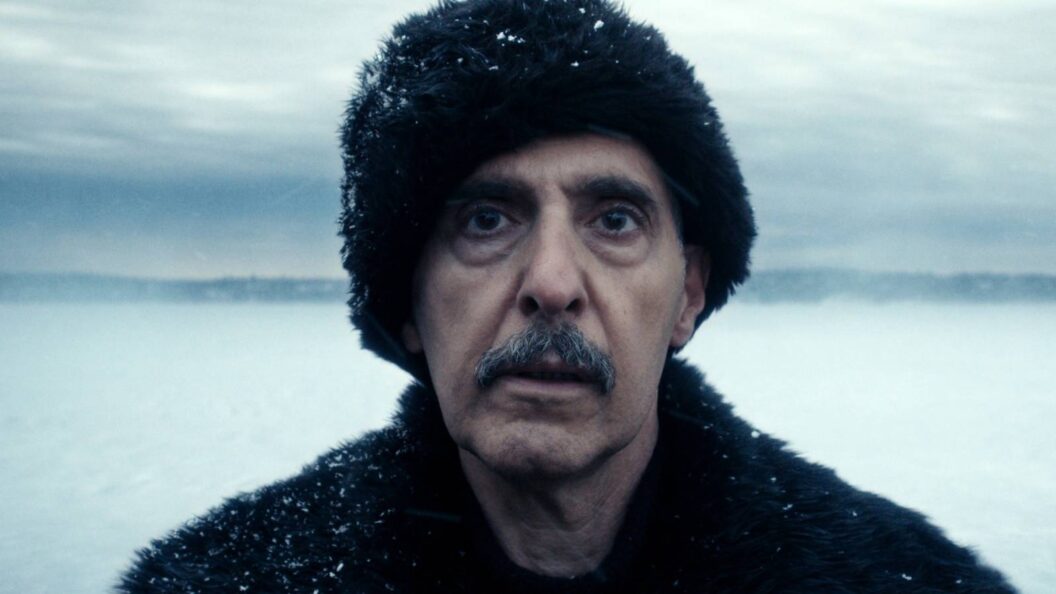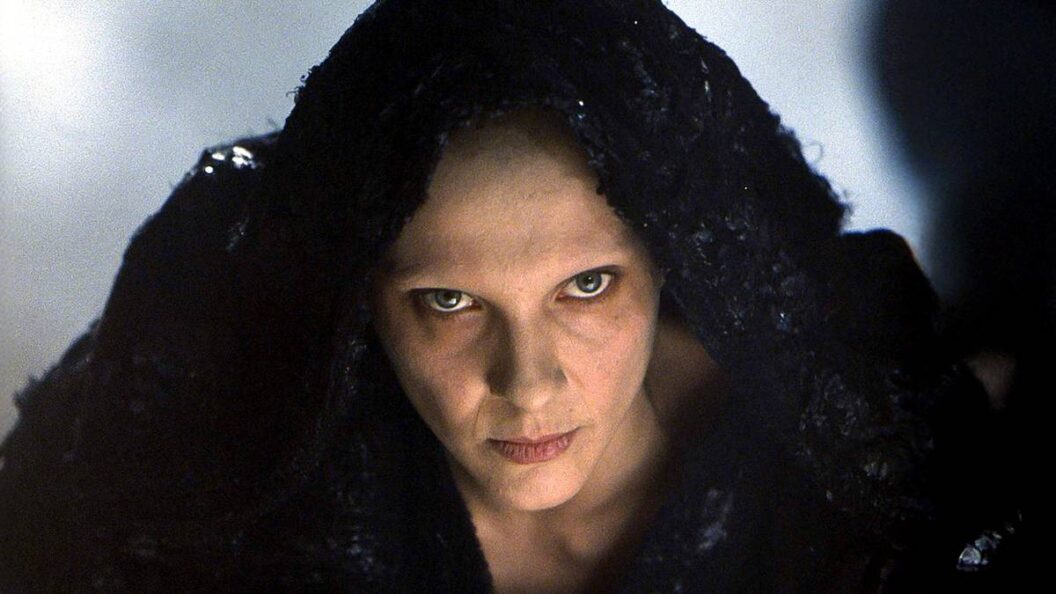An In-Depth Look at the Top Ten Demons in Demon Slayer: Kimetsu no Yaiba
The captivating world of Demon Slayer: Kimetsu no Yaiba weaves a rich tapestry of humanity’s fight against the nightmarish forces of demons, primarily born from the curse of Muzan Kibutsuji. Each demon presents unique abilities, emotional depth, and narrative significance, particularly those that rank among the most powerful adversaries faced by the Demon Slayer Corps. This article explores the ten strongest demons in the series, highlighting their strengths, defining traits, and significant battles that made them memorable.
10. Kaigaku: The Tragic Betrayer
Kaigaku’s descent into becoming a demon is marked by a tragic betrayal of his own humanity. Once a disciple of Thunder Breathing under Jigoro Kuwajima, envy led him to abandon his morals and embrace demonic power, ultimately earning the rank of Upper Moon Six. His mastery of Thunder Breathing techniques, combined with his demonic enhancements, makes him a formidable opponent, despite being ultimately defeated by Zenitsu. Kaigaku embodies the precarious balance between strength and moral corruption, adding depth to the narrative.
9. Gyokko: The Twisted Artist
Upper Moon Five, Gyokko, is notable for his grotesque artistry and peculiar fighting style. His ability to craft art from the remains of his victims highlights his sadistic creativity. Gyokko controls water-filled vases, manipulating the battlefield, making him an unpredictable enemy. His final transformation provided him with formidable defensive capabilities. Despite being defeated by Muichiro Tokito, Gyokko’s chilling presence left a monumental impact.
8. Gyutaro: The Poisonous Scythe Master
As part of the Upper Moon Six duo alongside his sister Daki, Gyutaro exhibited relentless cruelty. His scythe-wielding style and poisoned attacks made him a tenacious adversary, reveling in prolonging battles. His encounter with Tengen Uzui and the Kamado siblings is one of the most intense in the series, showcasing his lethal cunning. Gyutaro’s toxic bond with Daki amplifies his motivations, marking him as a top contender among the Twelve Kizuki.
7. Daki: The Sinister Manipulator
Often overshadowed by her brother Gyutaro, Daki is nonetheless a powerful demon in her own right. Using her obi sashes with unparalleled precision, she skillfully restrains and attacks her victims. Daki’s partnership with Gyutaro creates a formidable duo, combining beauty and ruthlessness. Her presence during the Entertainment District arc is unforgettable, leaving an impression of terror and elegance.
6. Hantengu: The Emotion Splitter
Hantengu, as Upper Moon Four, manifests fear through his unique ability to split into multiple clones, each embodying a different extreme emotion. Fighting him required slayers to confront several powerful foes simultaneously. His elusiveness—often shrinking and hiding during battles—made him particularly frustrating to defeat. Hantengu’s capacity for chaos represented a formidable challenge for the heroes of the series.
5. Nakime: The Manipulative Virtuoso
Nakime, characterized by her chilling demeanor and biwa-playing talent, wields incredible power over the Infinity Castle. Her ability to reshape the battlefield offers strategic advantages that most demons lack. Though she avoids direct combat, her manipulative nature and control of the spatial realm make her an invaluable servant to Muzan, raising her status significantly among the demon hierarchy.
4. Akaza: The Honorable Combatant
As Upper Moon Three, Akaza stands out for his respect for strength and combat skill. His martial arts mastery resonates through his thrilling battles, most notably against Kyojuro Rengoku, showcasing a blend of brutality and honor. Despite his ruthless nature, Akaza’s tragic past imbues him with complexity, solidifying his place as both a formidable foe and a nuanced character.
3. Doma: The Deceptive Charmer
Doma, embodying chilling calmness behind a charming facade, ranks as Upper Moon Two. His icy techniques instantly freeze enemies, transforming battlefields into death traps. Displaying a disturbing lack of empathy, he devours followers while presenting himself as a savior. His defeat by Kanao and Inosuke illustrates the dangers of arrogance, yet his cruel methods secure his legacy as one of the most deadly demons.
2. Kokushibo: The Sorrowful Duelist
As Upper Moon One, Kokushibo is a tragic figure, formerly a master swordsman and the twin brother of Yoriichi Tsugikuni. He combines Moon Breathing techniques with his demonic abilities to create a power that challenges even the most seasoned Hashira. The depth of his character lies in his duality as a villain driven by rivalry and a haunting regret of wasted potential.
1. Muzan Kibutsuji: The King of Demons
At the pinnacle of Demon Slayer‘s mythology is Muzan Kibutsuji, the progenitor of all demons. His unmatched regenerative abilities, speed, and manipulative nature solidify his status as a nearly invincible foe. Muzan’s relentless pursuit of immortality and his brutal leadership over his subordinates define him as a godlike figure in the series. His complex motivations and ruthless ambition make him both the source of terror and a central character driving the narrative forward.
Conclusion
In Demon Slayer: Kimetsu no Yaiba, the strongest demons are not just menacing adversaries; they encapsulate themes of tragedy, ambition, and moral conflict. Each character adds layers to the narrative, challenging the heroes and pushing them toward their limits. The significance of these characters extends beyond their power—each represents different elements of fear, desire, and the complexities of humanity. As the series continues to captivate audiences, the impact of these demons will undoubtedly resonate, enriching the viewer’s experience in this battle between light and darkness.



